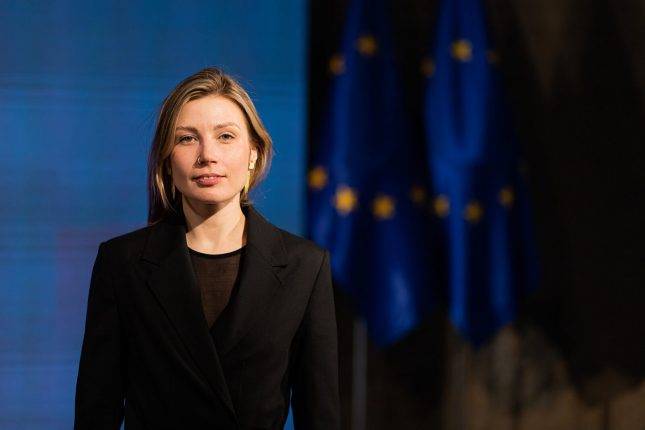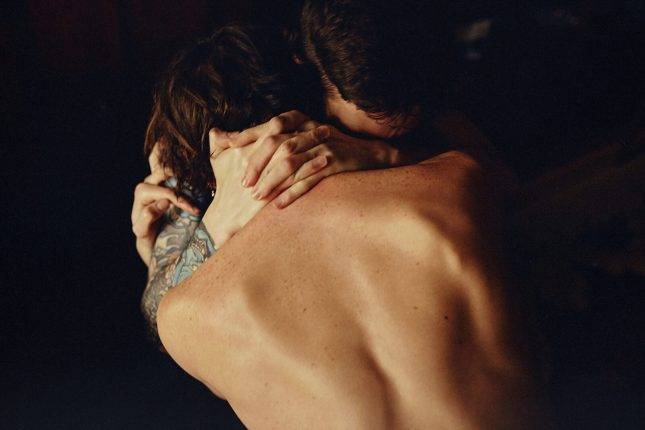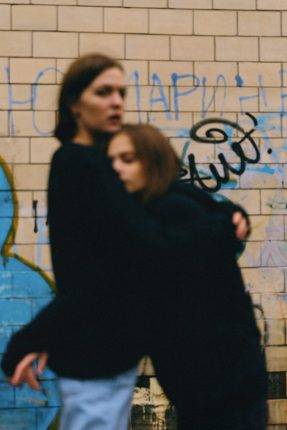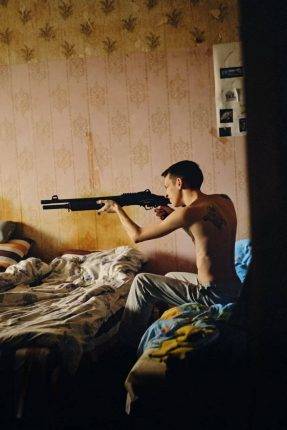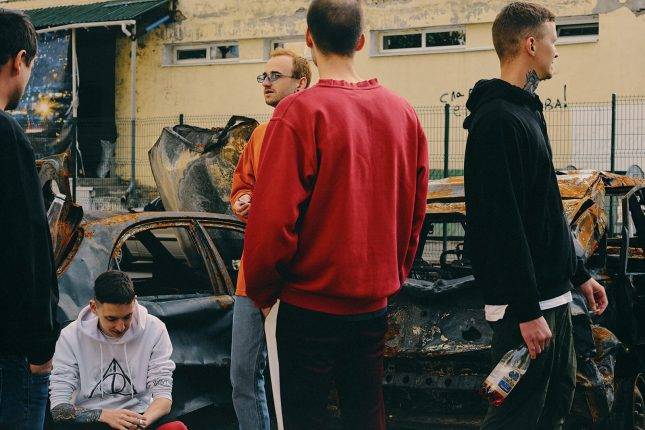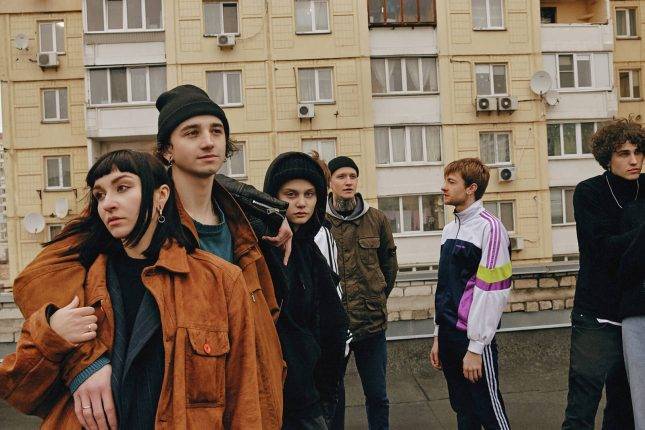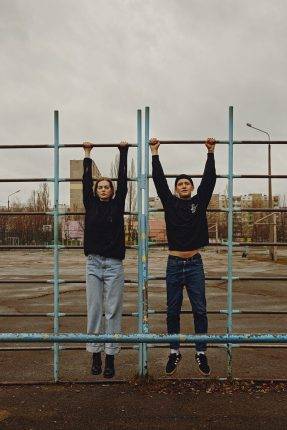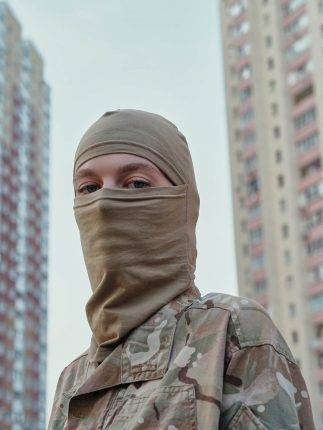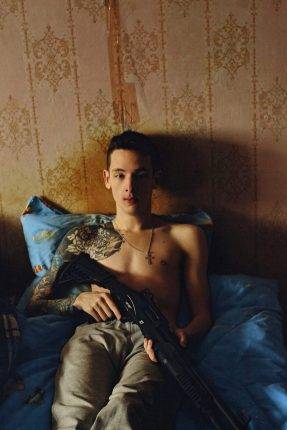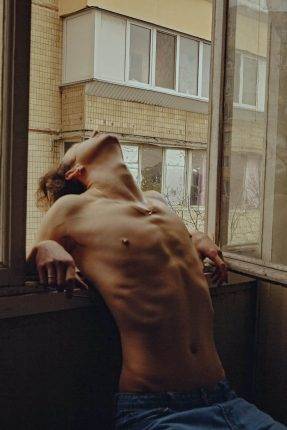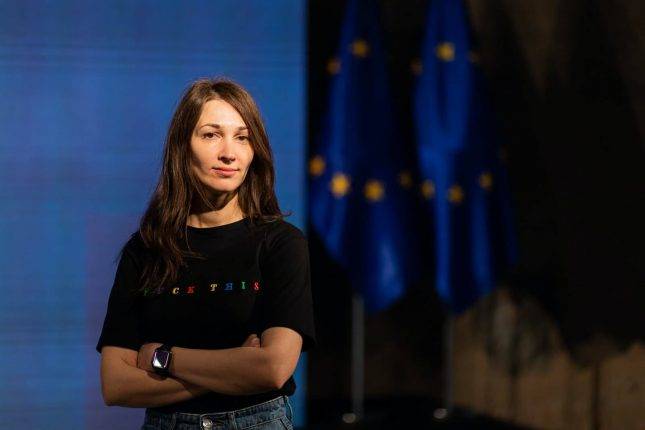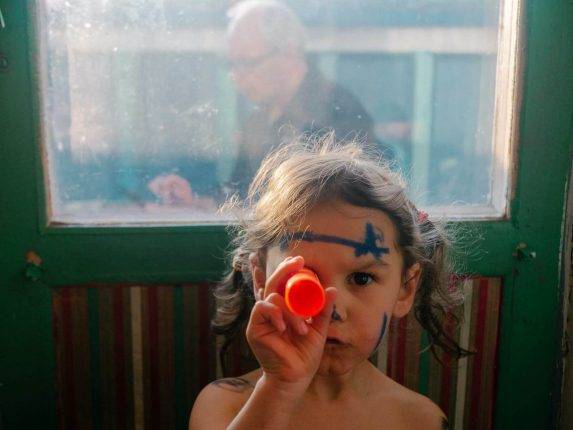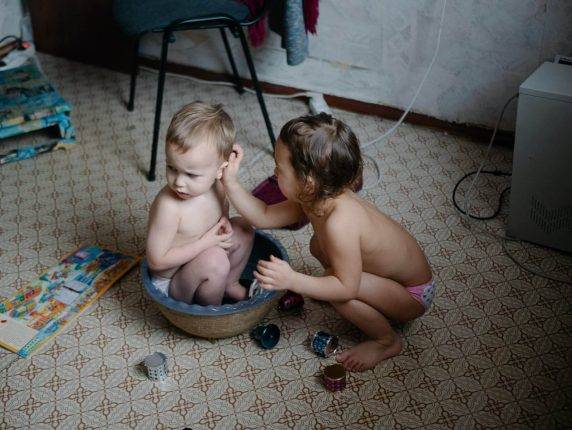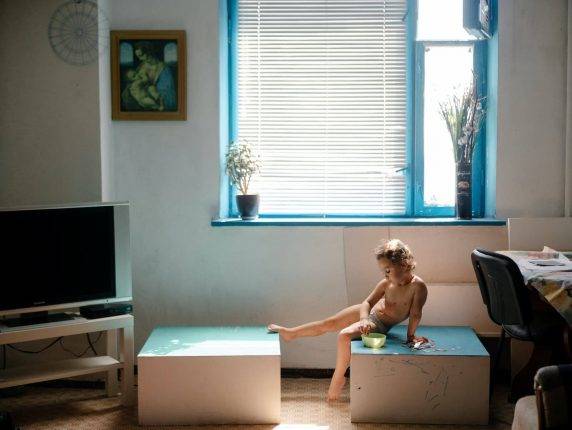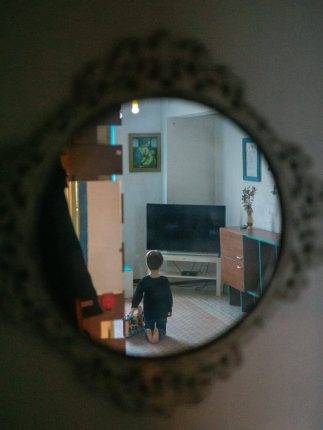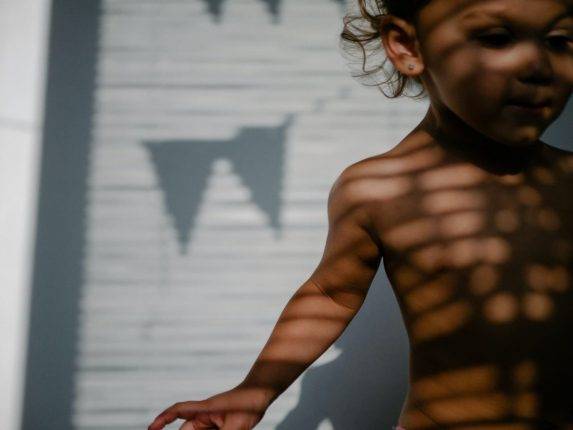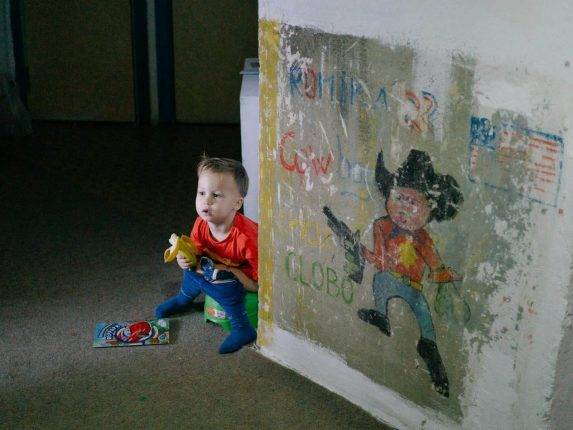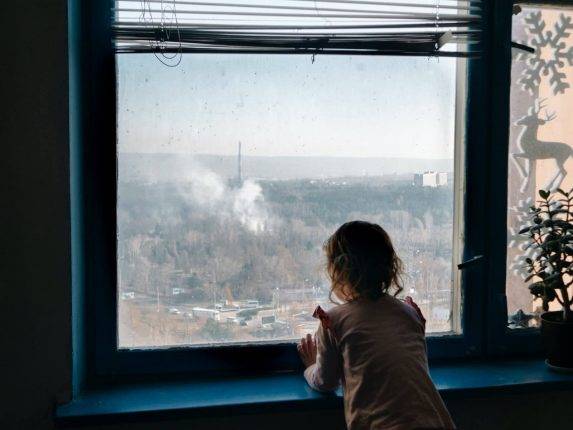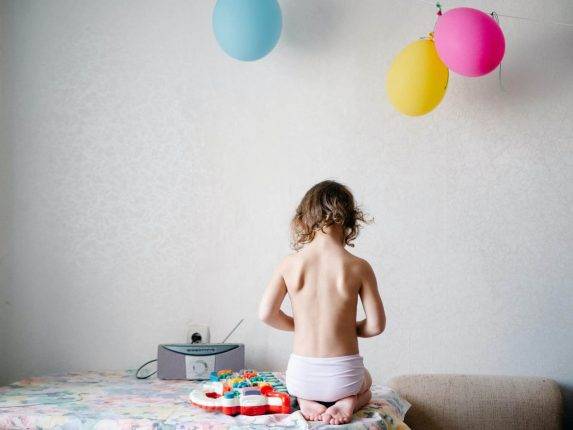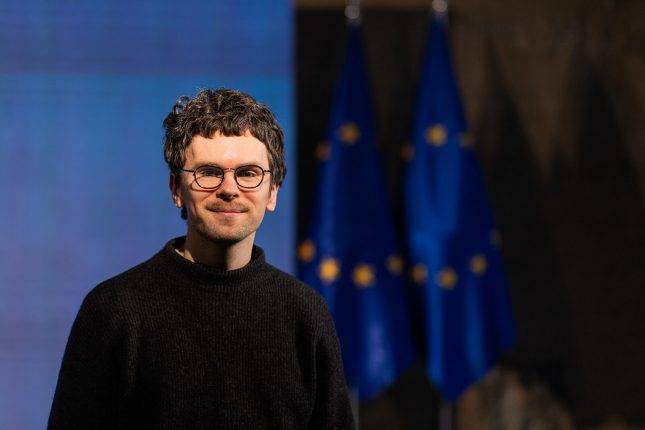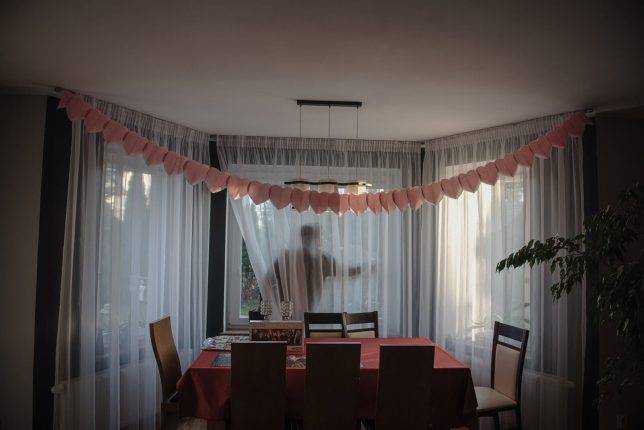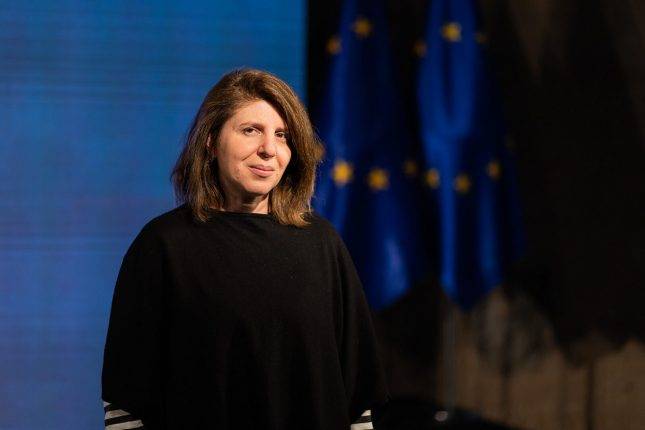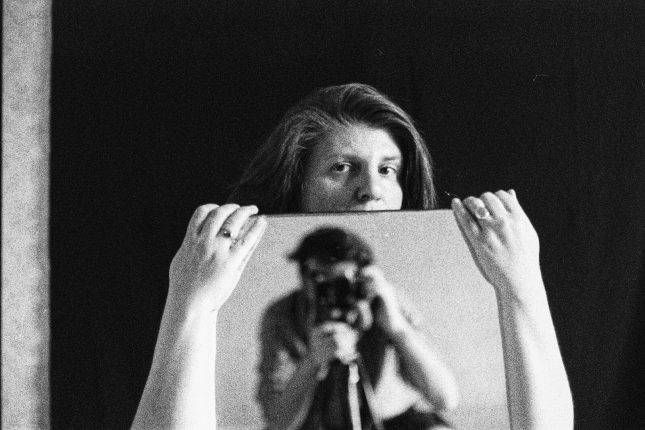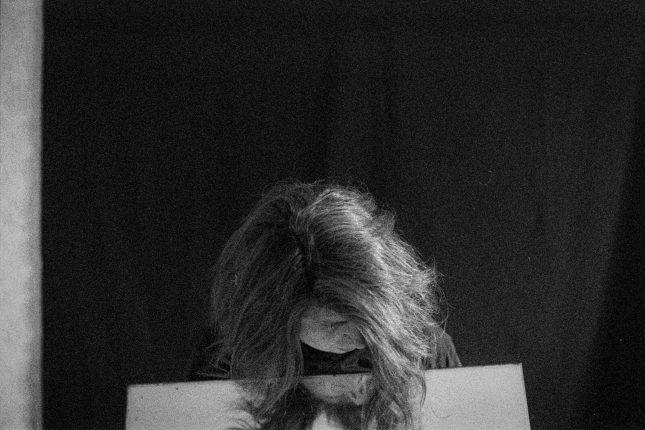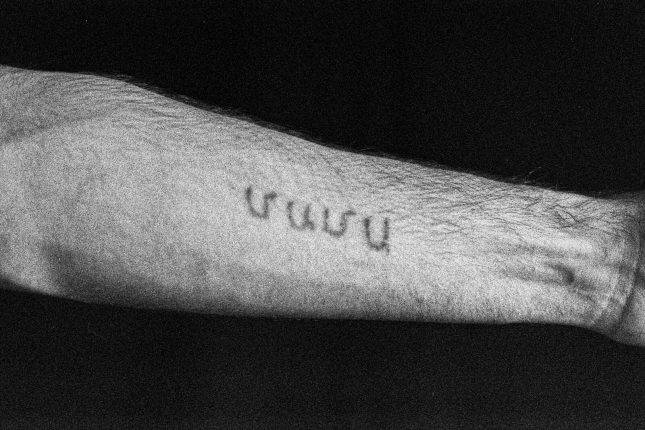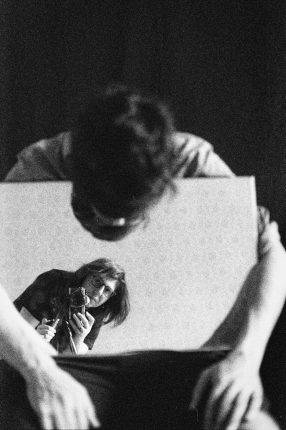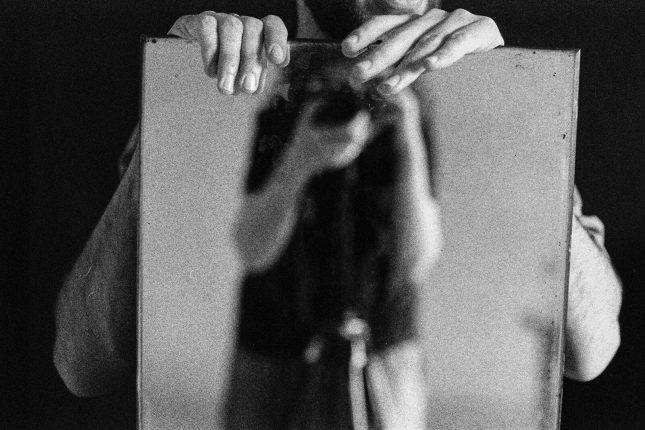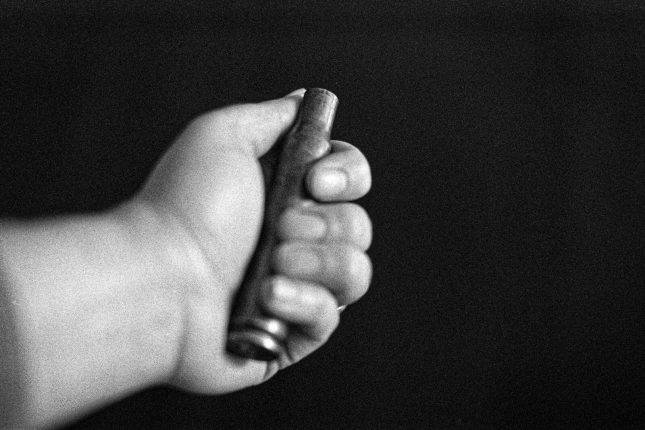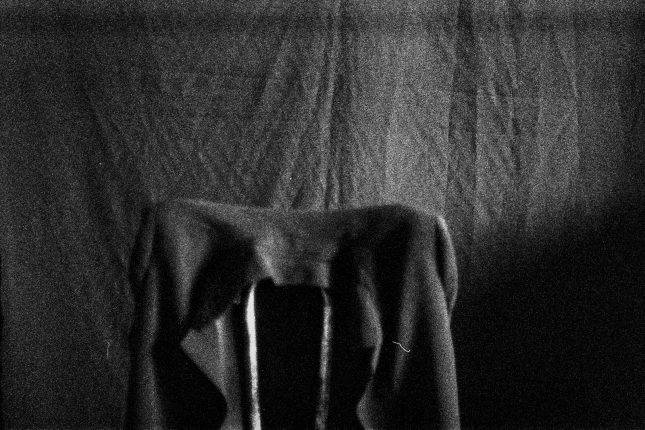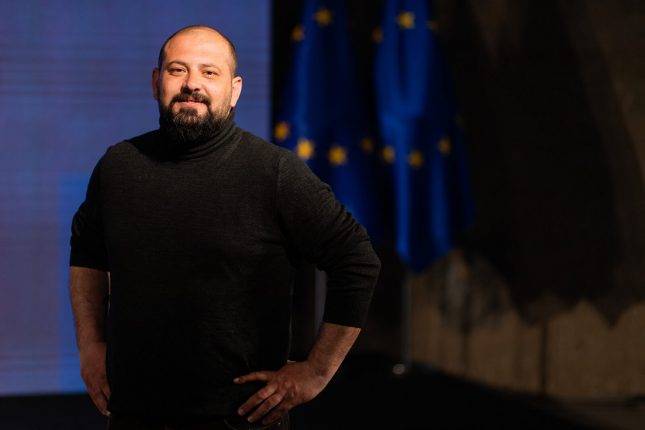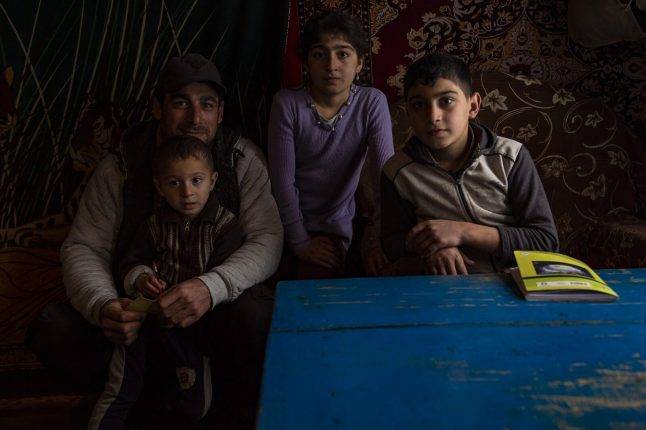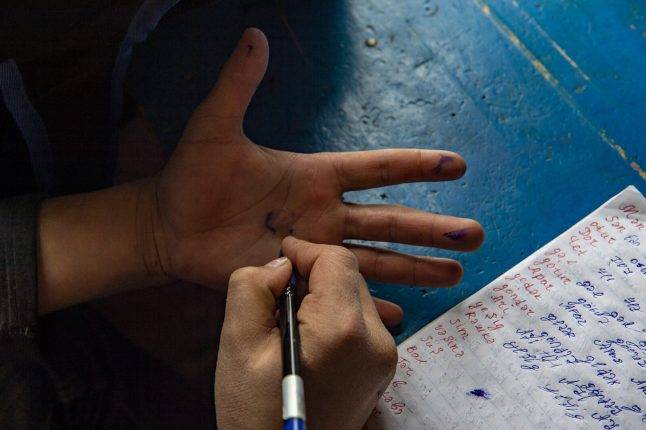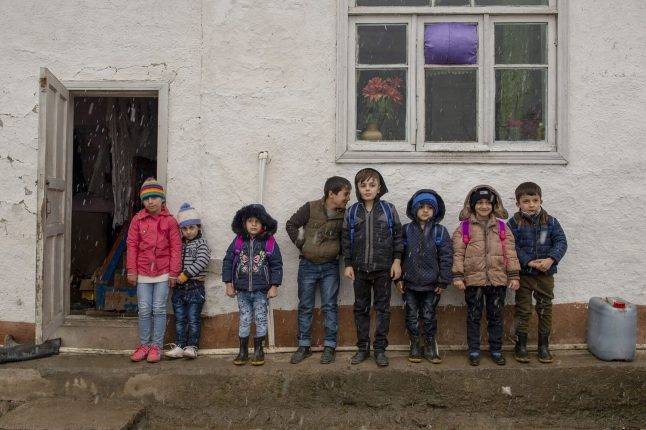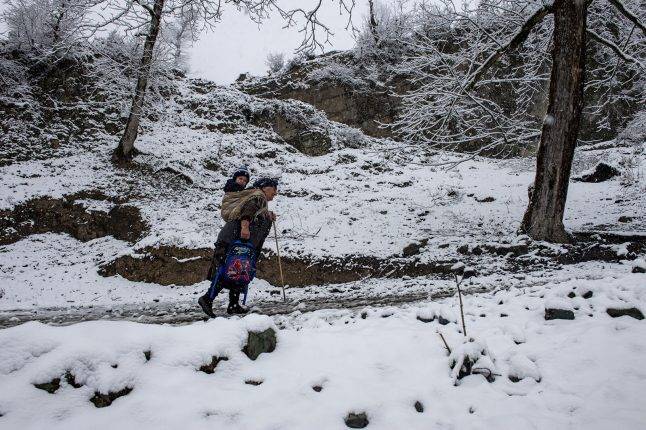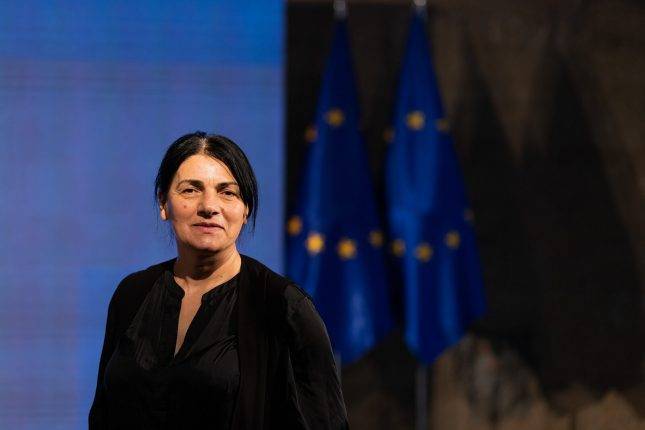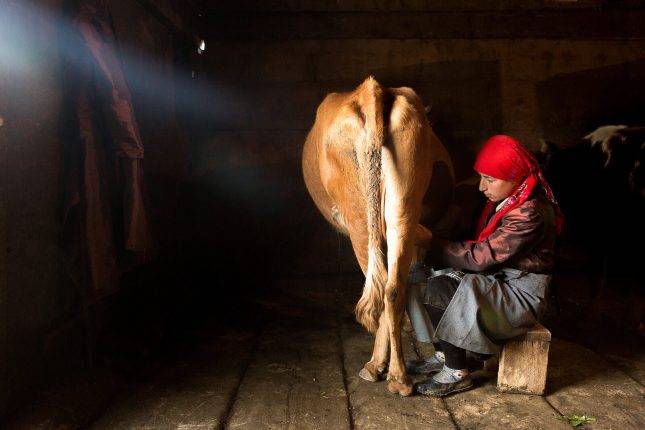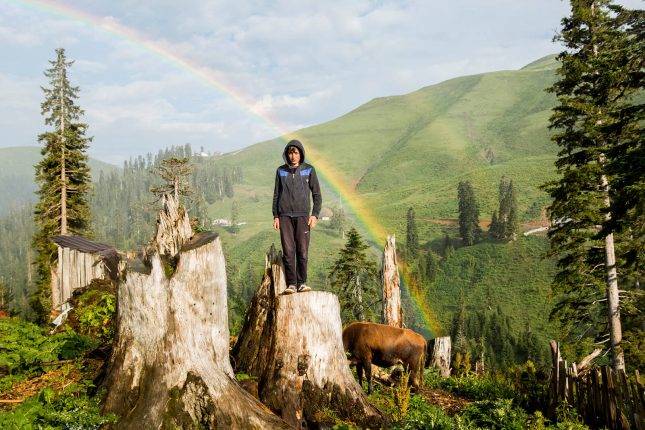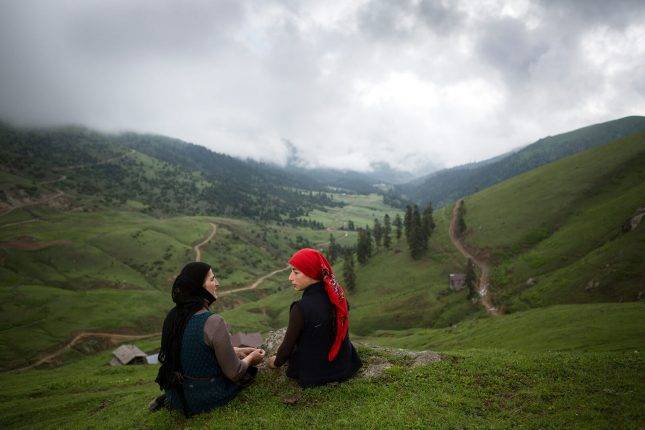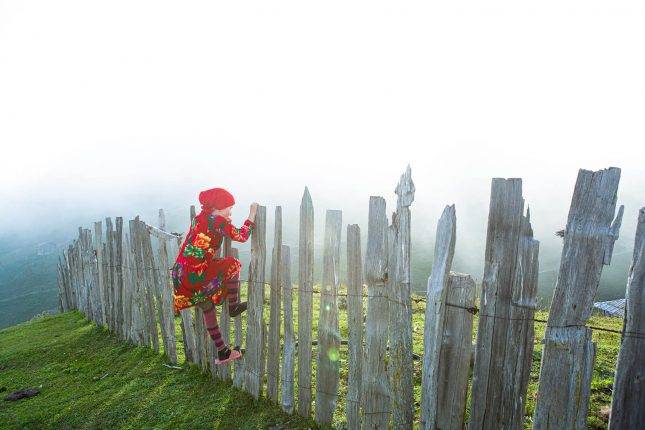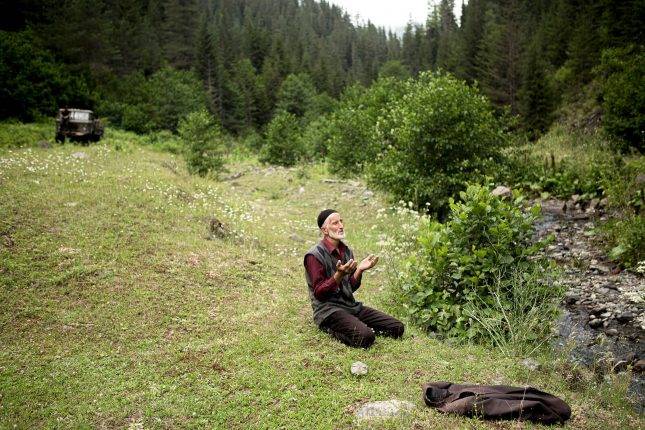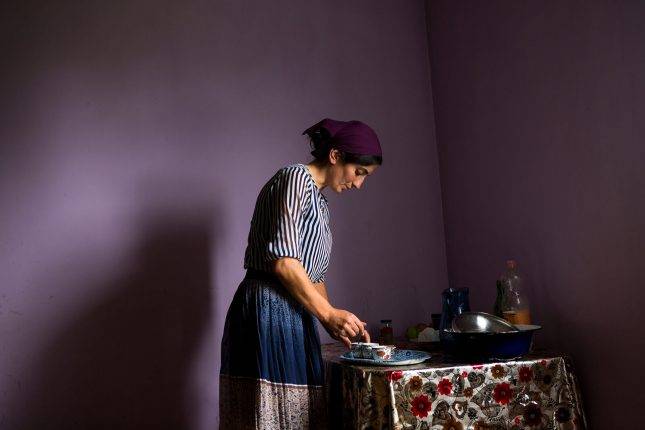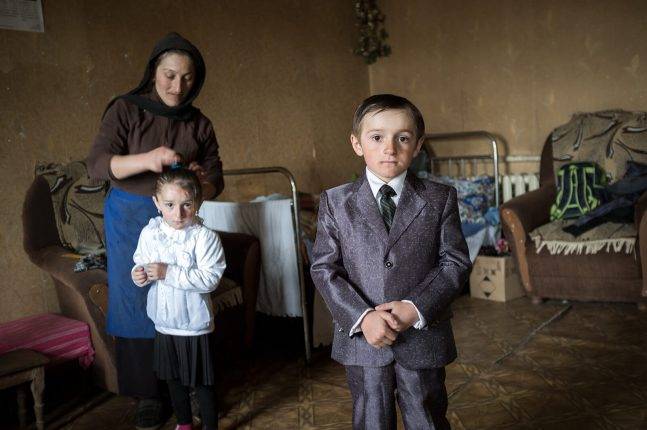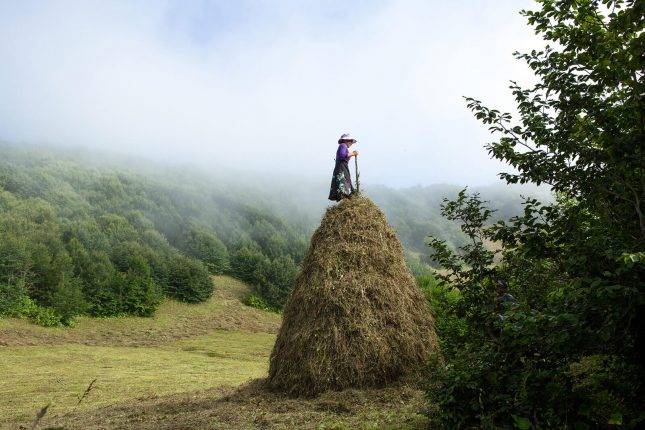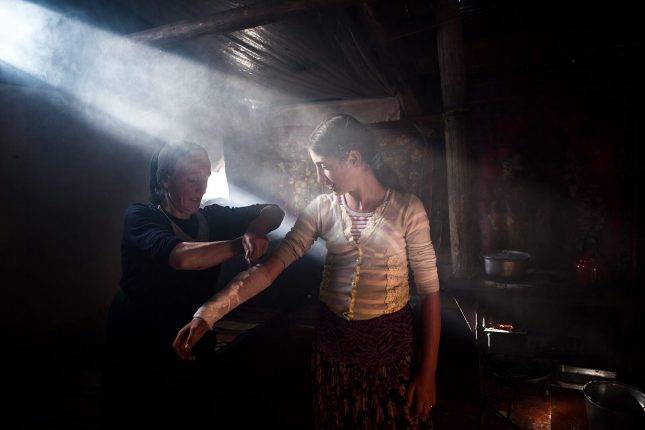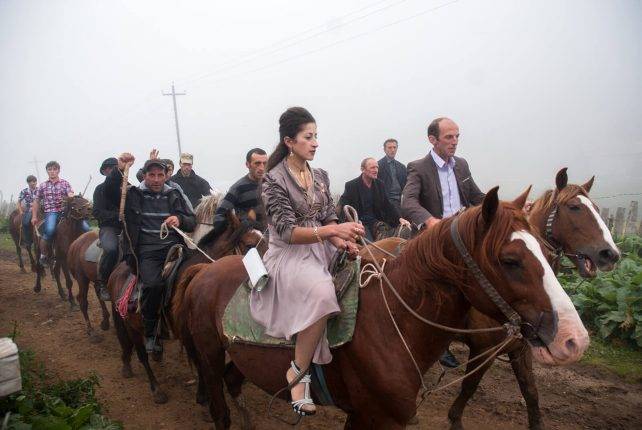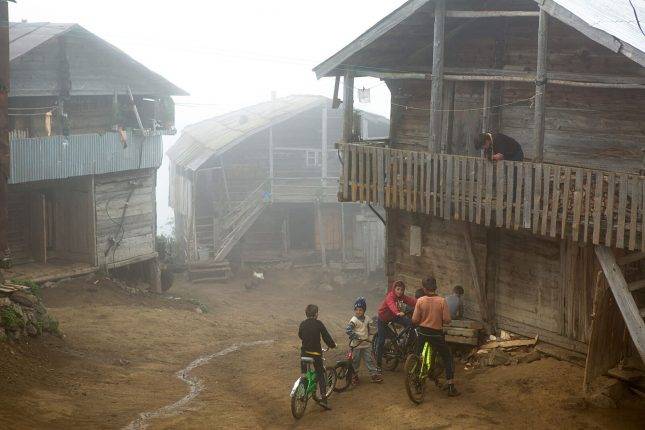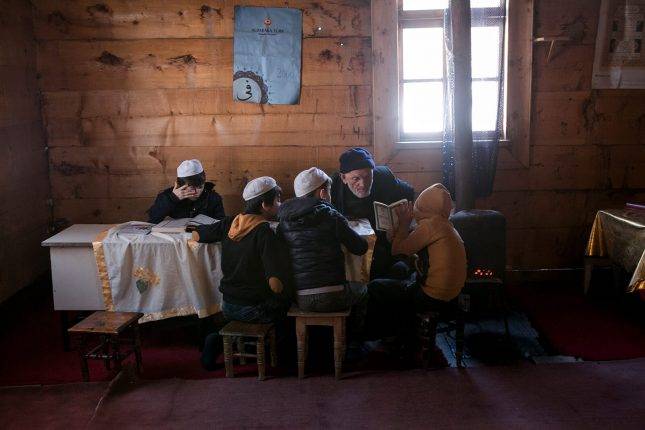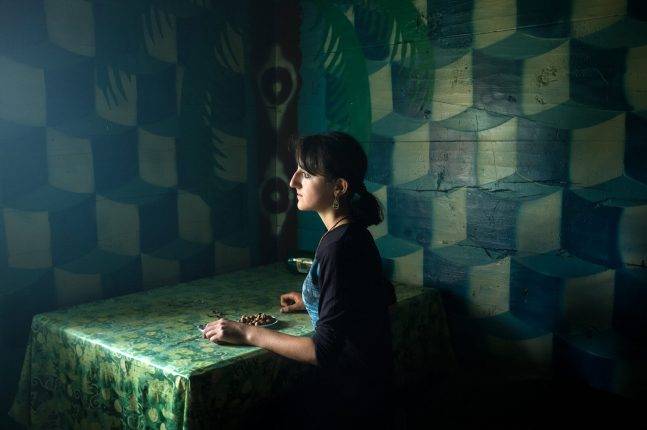
Family connections: a source of strength in challenging times
19/04/2023
“It was a surprising and certainly a refreshing view, compared to the works we’re used to looking at,” said curator and photo consultant Arianna Rinaldo, one of the members of the jury of the EU NEIGHBOURS east – FOTOFESTIWAL photo contest, describing her impression of the finalists. The winners were announced at a gala awards event in Tbilisi on 31 March. The contest, funded by the European Union, invited professional photographers from the six Eastern Partnership countries to enter a set of photographs around the theme of ‘Family connections’. And the results impressed the audience in the region.
“I am an example of a person who was saved by art”
“This contest had a great purpose, talking about family and family connections in such a difficult time. We need to remind people that Ukraine is part of Europe, even if it is not part of the European Union. Ukraine is a part of the cultural map of Europe and it is worth looking for these connections,” said the winner from Ukraine, Marysia Myanovska.
Her project, ‘Oh, Brother, Where Art Thou?’, tells the urban story of the “lost generation” of the 90s in a residential area of Kyiv. The impetus was the loss of her brother, who was one of those who professed the motto to “Live fast, die young”. But there is much more behind Marysia’s idea.
“I am an example of a person who was saved by art. My parents didn’t have the financial means to support me in any particular way, but they always supported me with their faith in my future. As for the story of the project, I think that in fact I could have lived my brother’s life, and he could have lived mine. My big dream is to open an art school in Troyeshchyna – a large neighbourhood of Kyiv – which would be free of charge. I really would like children, who sometimes see no other way for themselves than to repeat the fate of their parents, to learn that art can change the world,” she explained.
Another example of working through personal loss and rethinking the family, even the destiny of a country, is the winner from Moldova – Katerina Shosheva – and her project ‘SEM’YA’.
“Family connections are very important for me, because I was taking for granted some things in life. My brother passed away around six years ago and I actually found his film archive. He was collecting it when he was in his teenage years, and it’s basically a memory for me and my four brothers growing up in that apartment,” said the photographer, who initially hadn’t meant to start this process of self-exploration as a project.
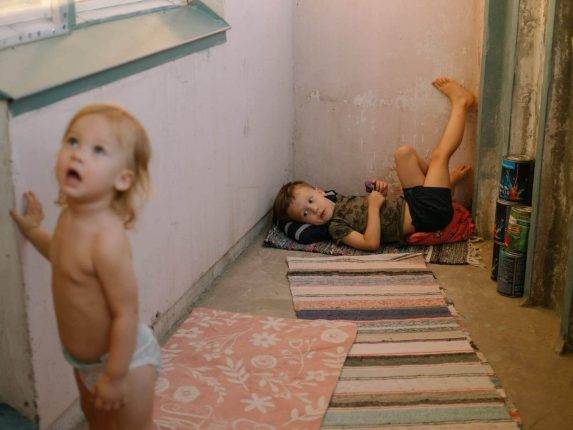
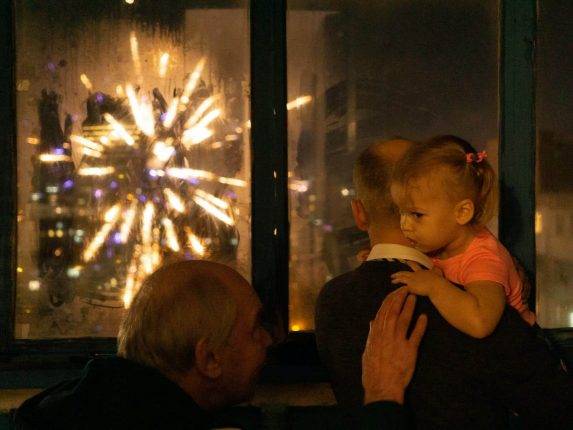
But art changed her life a lot, so after more than 10 years working as a manager, she decided to change her life.
“I was just following my nephews and nieces growing up in this same apartment, so I tried to reflect on the generational relationships and how they shape us. It’s important because my family now is spread around the world, and I’m the last one to stay in Moldova,” Katerina said.
External events also changed the life of the finalist from Belarus – Pasha Kritchko. The judges at the competition were impressed by his view of family ties among Belarusians forced into exile by the events of 2020. Before these events, he was a commercial photographer, but now he is documenting the reality faced not only by Belarusians, but also by Ukrainians who have been resisting Russia’s large-scale invasion for over a year.
“I have a family in Minsk, my parents are there, I can’t see them as much as I want. My father has cancer, and if something happens I don’t know how to visit him, since I could be detained immediately. So I wanted to show an example using small stories of people that represent the whole society and what’s happening to us right now,” he said.
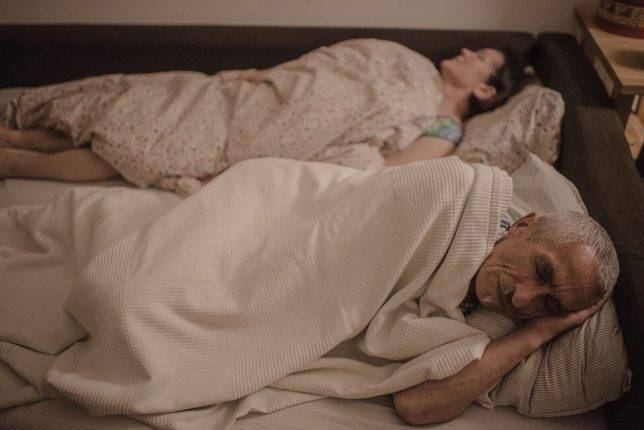
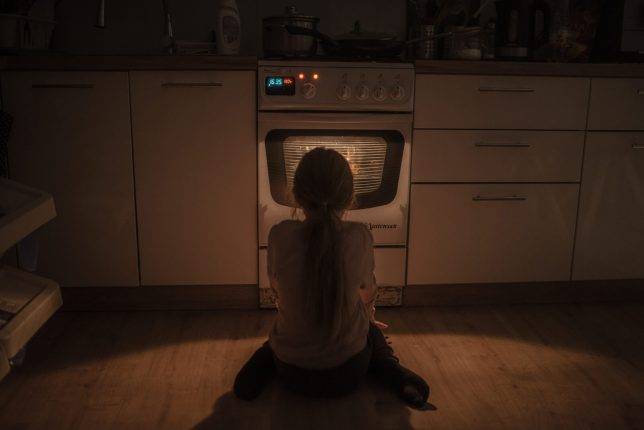
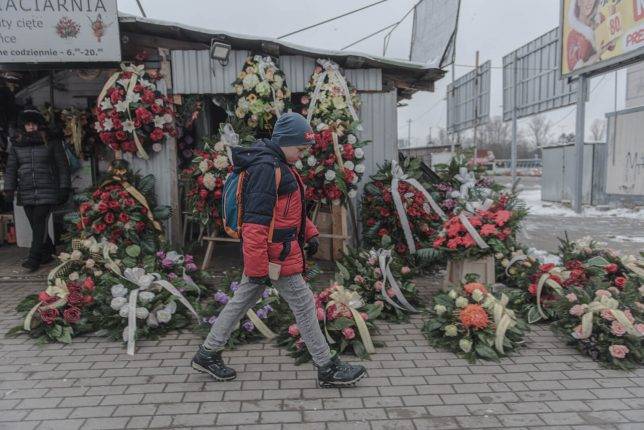
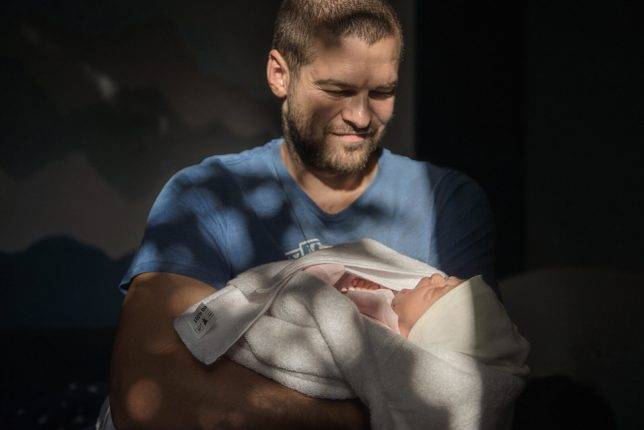
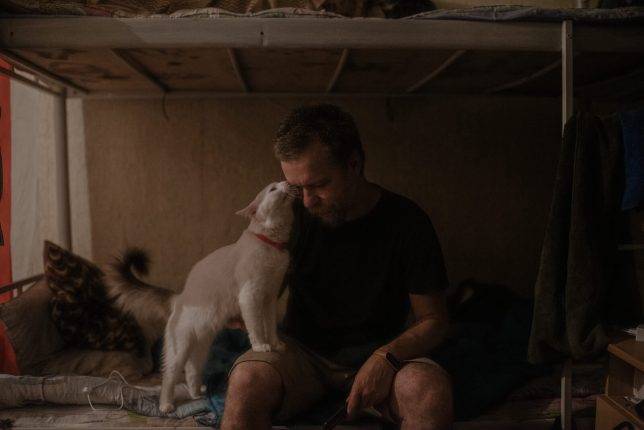
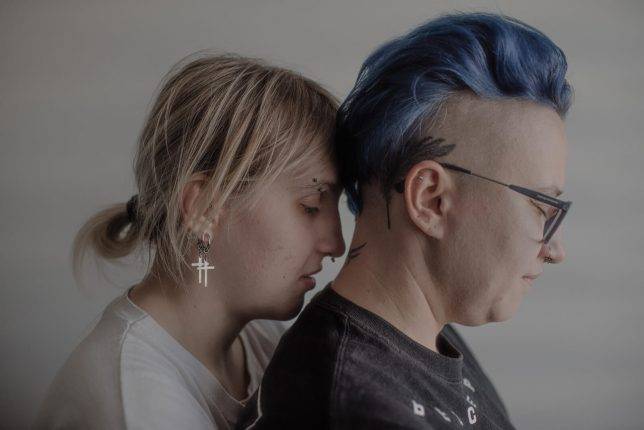
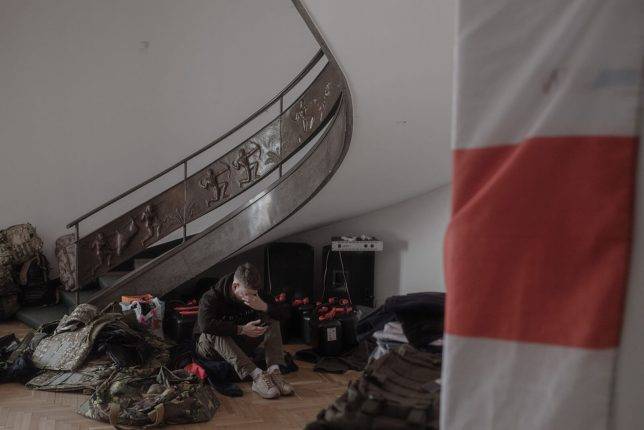
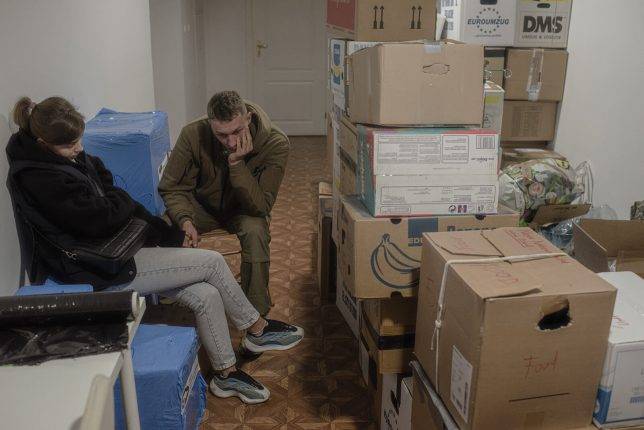
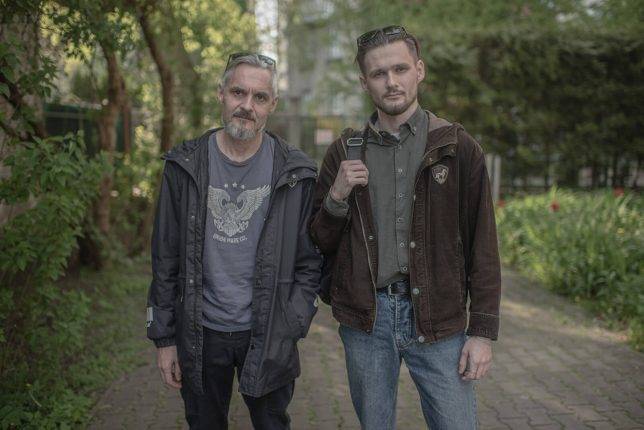
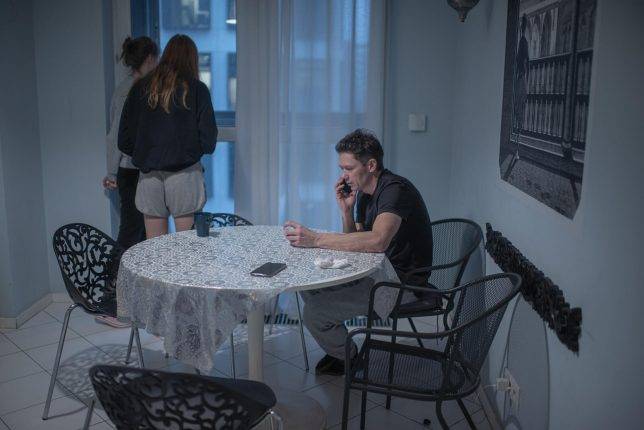
Pasha is in the same situation as all his compatriots who left Belarus and cannot return, and he keeps capturing this reality. “I also understand that it’s somehow helping me to have the power to continue my work, because somebody needs to raise a voice about problems. So, I’m really proud to be Belarusian,” he added.
“Don’t be afraid to cover social issues”
Social challenges and circumstances also became decisive in the career of the famous photographer from Armenia, Nazik Armenakyan. Her works are often photo-reportage and documentary essays, but for the contest she presented a very personal project ‘MY WAR (Fragmented Experience)’.
“This is a kind of personal photography and not like family photography at the same time. I tried to reveal my relationship with my son Mikayel who was taken to the war. I am very happy that somehow this story was seen, picked up, and selected,” she explained.
At first she was so shocked by the changes in her own life that she thought she would never be able to take pictures again. But this challenge also became an impetus for her to overcome her fears and continue her professional work.
“Family connections are very important for me because I became a wife and mother very early. I have a very strong family with my husband and two sons, I love them both. I always photograph other people’s stories, and I never had this idea that somehow I will photograph my son and me,” she admitted.
The idea of the contest was also to take a closer look at the Eastern Partnership. “It was an opportunity to look at a part of the world, and the photography world, that I don’t usually see on a daily basis,” said one of the judges, Arianna Rinaldo. “Most of us in the photo world are very much focused on Western Europe and the Western World. In the works that we were able to see, there was a variety of stories and a variety of styles. It was really quite eye-opening to be able to see how people from this part of the world, from Eastern Europe, communicate their sense of this year’s theme – family connections,” Rinaldo explained.
Confirmation of this vision comes in the works of the winners from two more countries – Azerbaijan and Georgia.
For example, the winner from Azerbaijan – Orkhan Azimov – showed the life of children in the remote village of Digo in Astara District. He raised several social issues at once: economic and educational.
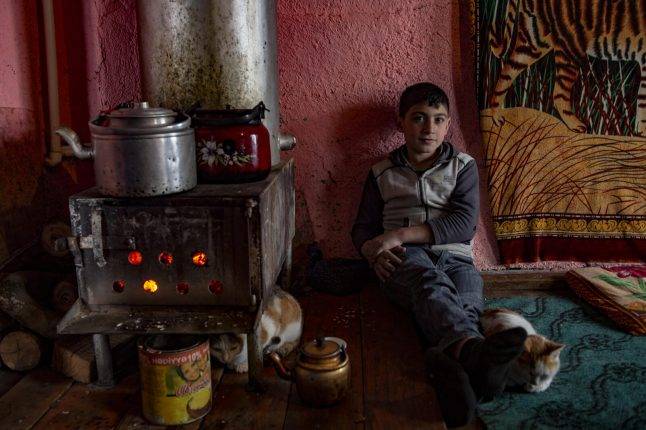
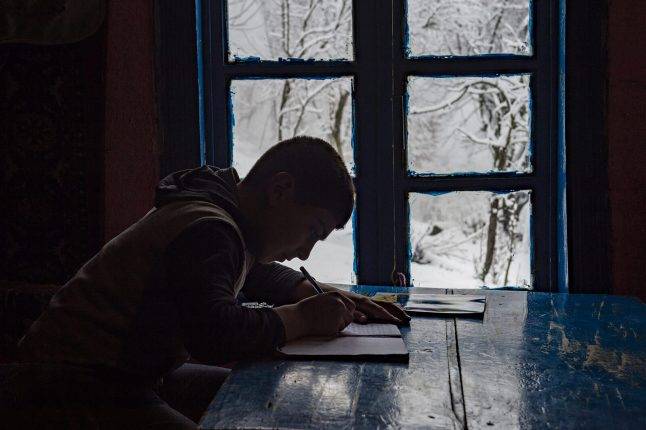
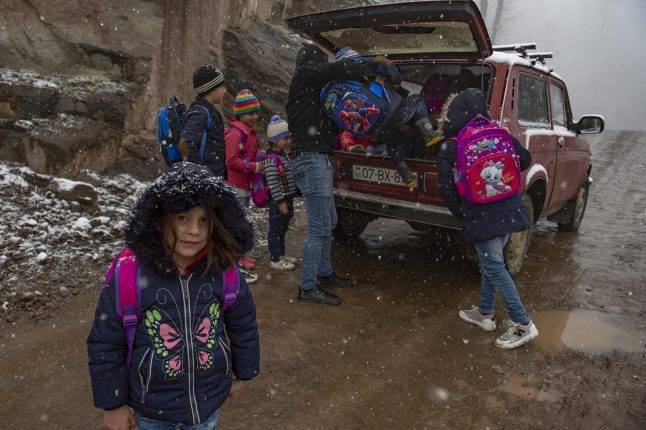
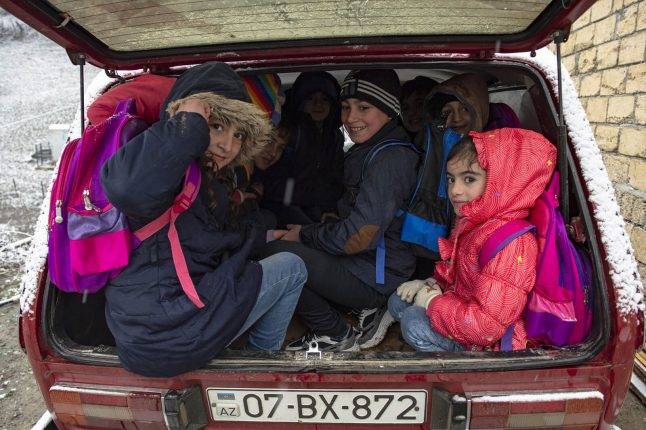
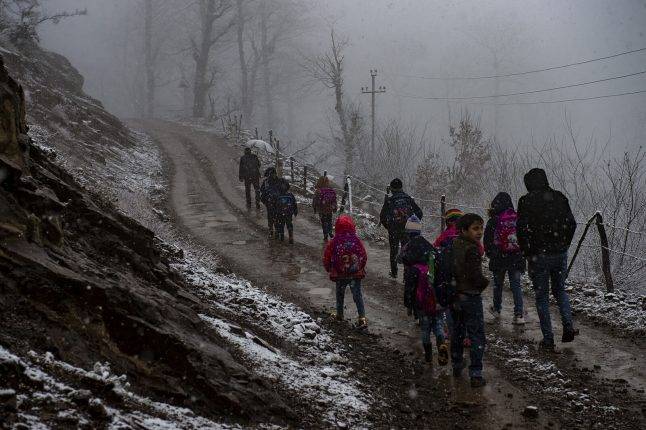
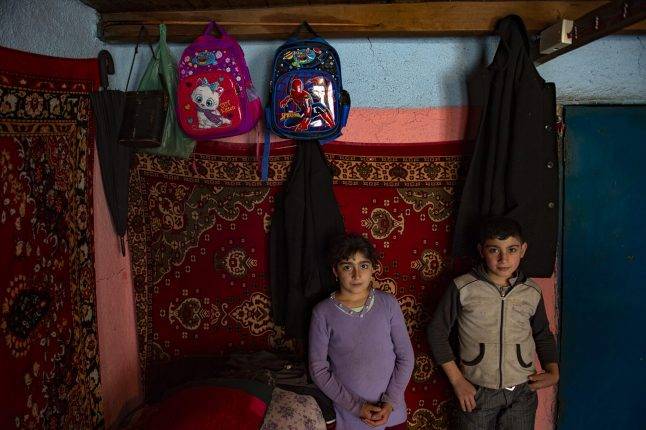
“Children have to walk several kilometres to study at schools in neighbouring villages. There are 40-50 children there. I was really interested in this issue and contacted local residents. When I visited that village and shared these photos on social media, it caused a stir. And several months later, it was decided to build a module-type school in that village,” he said, an example of how art can actually solve social problems. In fact, from September 2023, children will be able to go to the local school, instead of walking through the mountains to neighbouring villages.
Orkhan Azimov is active on Instagram. Recently, he took pictures from the earthquake in Turkey, and he believes strongly in the power of documentary photography.
“I have been to many countries and shot many different events. I would advise my colleagues not to be afraid to cover such issues. Because we, as photographers, have to throw light on such events in the world and deliver them to the world community,” he said.
The winner from Georgia – Natela Grigalashvili – works mainly in the more remote regions of the country. Her project ‘The Final Days of Georgian Nomads’ is about one of the country’s unique regions – mountainous Adjara.
“The title of this project is a bit pessimistic, but I still think that we can understand both sides – little by little, the life of nomadism is also falling apart, and at the same time, today only they have preserved such a legacy. They move with their whole families and retain such a movement in modern times,” she explained.
Natela Grigalashvili used to work as a photo reporter as well as a film operator and started shooting as a documentary photographer in 2016.
“I conduct a kind of research, with the help of a camera, about the people living in the regions. Globalisation is slowly erasing everything, we cannot stop it, but the camera has the ability to preserve the history of the present, which is changing before our eyes,” she said.
Such an attentive and professional look at the region was a revelation for the jury, who chose from more than 400 works.
“I have to say I’m very impressed with the quality of work that was submitted to the contest. I saw two trends if I might say so: one is the political engagement of many photographers and the fact that they’ve done their research and they are very conscious socially and politically, and the other thing is how devoted they are to portray the region and work with their locality and community. This is something I feel is very valuable,” said another jury representative, photographer Karolina Gembara.
You can find all the finalists and their works here.
Author: Olga Konsevych
Stories
-
Katarina Mathernova: If Ukraine had a human face and a human spirit, it would be 10-year-old Roman Oleksiv
-
A regional mission to drive social entrepreneurship: the story of Ksenia Kosukha
-
EU restores safe water supply for 100,000 Ukrainians affected by war
-
Promoting IT during the war: Lviv IT cluster and how EU4Digital helps
-
Frontline digitalisation: Kharkiv IT Cluster collaborations
-
How EU4Youth is driving opportunity and success among young Ukrainians
